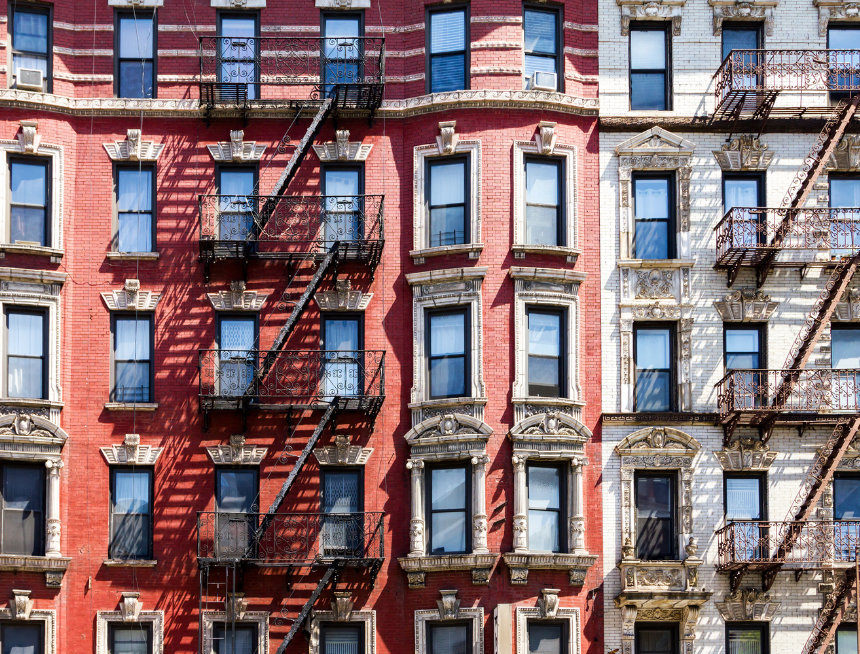The Seattle City Council voted today to confirm the Seattle Social Housing Developer Board’s first two members. The new board will be tasked with oversee the social housing developer that was created as a result of Seattle’s vote to approve Initiative 135 earlier this year.
Who is being nominated for the Social Housing Developer Board?
Julie A. Howe and Alexander Lew were nominated and confirmed by Council to serve on the Seattle Social Housing Developer Board. According to their appointment packets:
Howe brings over twenty-five years of experience in housing development and asset management. She has spent her career managing the acquisition/rehab and development of multifamily and single-family projects, both conventional, affordable/LIHTC and demonstration, senior and family, ownership, and rental.
Lew is an urban planner and multi-modal transportation planner currently working at Sound Transit as a Senior Transportation Planner. He has previously held positions at King County and with Nelson/Nygaard, in addition to a term as a board member on the City of Seattle Bicycle Advisory Board. He has experience in public transit systems, multi-modal transportation, and airport planning. Alex also provided value aid and insight to the King County Board of Health during the repeal of King County’s helmet law.
The nominees attended a hearing at the Neighborhoods, Education, Civil Rights, and Culture Committee‘s last meeting on April 14. Both were unanimously approved their by Councilmembers Tammy J. Morales, Kshama Sawant, and Andrew J. Lewis.
What is social housing and how does it work in Seattle?
Like many West Coast cities, the cost of housing is skyrocketing. In Seattle, the price of renting an apartment has gone up more than 90 percent over the past decade. This has helped create a housing and homelessness crisis. Social housing is one way Seattle is trying to address this.
Social housing is regular rental housing, but instead of being owned by a private landlord, it is publicly owned and operated. The model is already being used in Vienna, Singapore, and other cities around the world.
In Seattle, the homes are rented to people making between 0-120 percent of the city’s area median income and rents are set according to what people are able to pay. People’s rent goes toward paying off the construction and operational costs of the building. Any excess profit can be reinvested into building new affordable housing.
In February 2023, Seattle passed a civilian-led I-135, with approval gaining 57 percent of the vote. The I-135 mandated the creation of a new public agency to develop, acquire, and maintain social housing in the city — the Seattle Social Housing Developer.
What is the Seattle Social Housing Developer Board?
The new Seattle Social Housing Developer will be overseen by a 13 board commission. Here’s how the appointments work:
- Seven are appointed by the Seattle Renters’ Commission
- One is appointed by the Martin Luther King, Jr. County Labor Council
- One is appointed by El Centro De La Raza
- One is appointed by the Green New Deal Oversight Board
- One is appointed by the mayor.
- Two are appointed by the Seattle City Council
Additionally, I-135 required that the appointments include people from different economic situations — including members who have been displaced from housing and members who make less than half the area median income.


